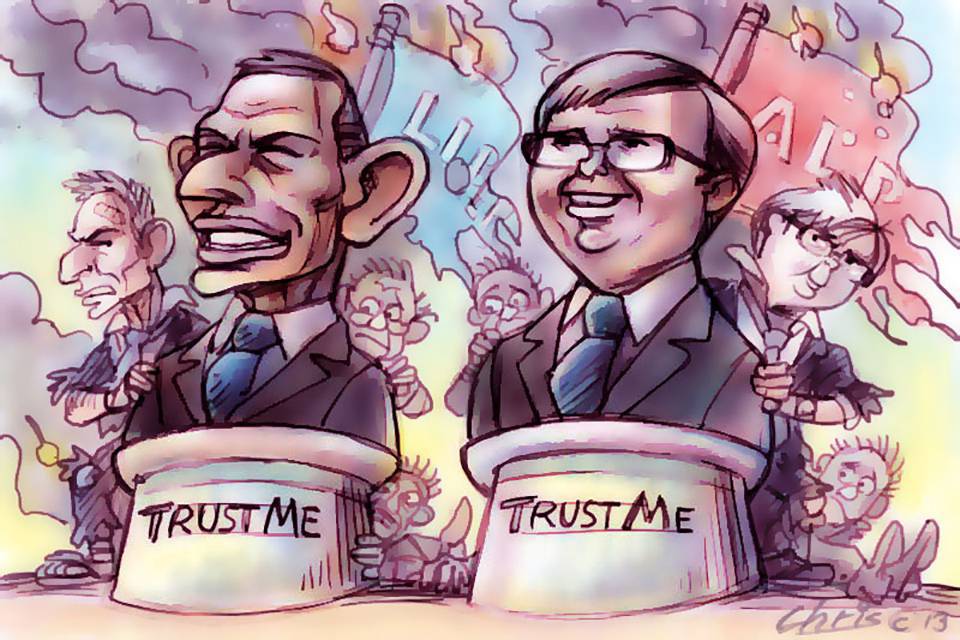UPDATE 4-Dutch government on brink of collapse after Wilders' far-right party quits
It would be closely watched as a test of whether anger over migration and the cost of living could erode Europe's unity over how to deal with Russia and bolster support for U.S. President Donald Trump. Wilders said his party was pulling out because the other three coalition partners were not willing to support his ideas on halting asylum migration.

Dutch far-right leader Geert Wilders' PVV party left the governing coalition on Tuesday, in a move that is set to topple the right wing government and likely lead to new elections. A possible snap election would come at a time when the hard right is growing in strength in Europe. It would be closely watched as a test of whether anger over migration and the cost of living could erode Europe's unity over how to deal with Russia and bolster support for U.S. President Donald Trump.
Wilders said his party was pulling out because the other three coalition partners were not willing to support his ideas on halting asylum migration. "No signature under our asylum plans. The PVV leaves the coalition," Wilders said in a post on X.
He said he had informed Prime Minister Dick Schoof that all ministers from his PVV party would quit the government. Schoof has not yet reacted to the resignation. Wilders' surprise move ends an already fragile coalition which has struggled to reach any consensus since its installation last July.
The prospect of a new election adds to political uncertainty in the euro zone's fifth-largest economy. It would likely delay a decision on a boost in defense spending to meet new NATO targets, and would leave the Netherlands with only a caretaker government when it receives world leaders for a NATO summit in The Hague later this month.
Elsewhere in Europe, nationalist candidate Karol Nawrocki narrowly won Poland's presidential election on Sunday, while the Czech Republic's eurosceptic opposition leader Andrej Babis, a former prime minister, leads opinion polls before an October election. In Romania, however, the centrist Bucharest mayor, Nicusor Dan, won the presidential election last month, in a shock upset over his hard-right, nationalist rival.
DISBELIEF In the Netherlands, Wilders' coalition partners responded with disbelief and anger.
"There is a war on our continent. Instead of meeting the challenge, Wilders is showing he is not willing to take responsibility," said the leader of the conservative VVD party, Dilan Yesilgoz. "It is irresponsible to take down the government at this point," leader of the centrist NSC party Nicolien van Vroonhoven said.
With PVV out, the others parties have the option to try and proceed as a minority government, though they are not expected to. Opposition leader Frans Timmermans said new elections were the only option.
"I see no other way to form a stable government," the leader of the Labour/Green combination said. Wilders won the most recent election in November 2023 with a surprisingly wide margin of 23% of the vote, but recent polls indicate he has lost some support since joining government.
Polls put his party at around 20% of the vote now, on par roughly with the Labour/Green combination that is currently the second-largest in parliament. Wilders had last week demanded immediate support for a ten-point plan that included closing the borders for all asylum seekers, sending refugees from Syria back to their home country and shutting down asylum shelters.
Other ideas were to expel migrants who have been convicted of serious crimes and to use the army to boost border controls. Wilders, who was convicted for discrimination against Moroccans in 2016, was not part of the government himself as its leader or a minister.
He only managed to strike a coalition deal with three other conservative parties last year after he failed to garner coalition support to become prime minister. Instead, the cabinet was led by the independent and unelected Schoof, a career bureaucrat who had led the Dutch intelligence agency AIVD. (Writing by Bart Meijer and Ingrid Melander; Editing by Peter Graff and Bernadette Baum)
(This story has not been edited by Devdiscourse staff and is auto-generated from a syndicated feed.)










